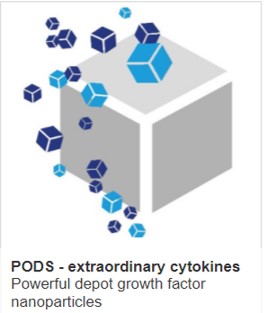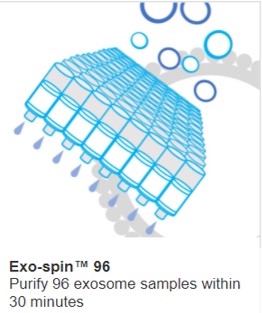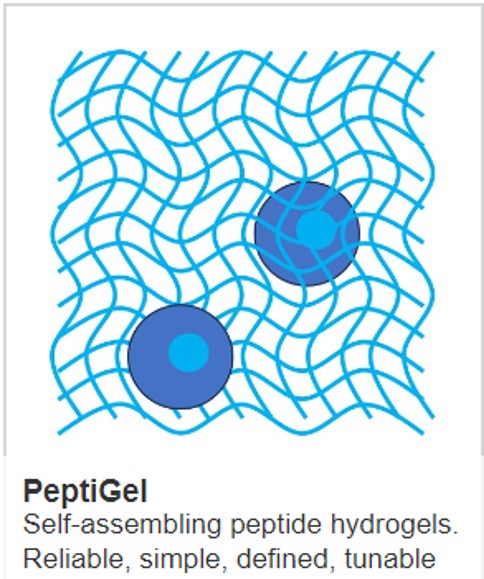iNKing out cancer: A better CAR-T cell?

CAR-T has been revolutionary, but as an autologous therapy, it is slow and costly. Allogeneic CAR-T cells, known as iNKTS, are now in development and may offer a rapid, cheaper (and perhaps more effective) off-the-shelf solution.
Chimeric antigen receptor (CAR) T-cell immunotherapy
Autologous (own cells) CAR T- cell based therapies are now a well-established third-line therapy (after chemotherapy and stem-cell transplant) for the treatment of children and adults with relapsed or refractory B cell acute lymphoblastic leukaemia, diffuse large B cell lymphoma, primary mediastinal large B-cell lymphoma, mantle cell lymphoma, and multiple myeloma.
A CAR is a non-natural protein that consists of three domains: 1. An extracellular domain that typically consists of a single-chain variable fragment (scFv) of an antibody that recognizes the tumour antigen (also referred to as a neoantigen). The scFv used in the CAR T-cell therapies treating haemopoietic malignancies target the tumour antigens CD19 or B cell maturation antigen (BCMA). 2. A transmembrane domain, and 3. An intracellular domain consisting of one or more T cell receptor (TCR) signalling domains, that enhance T cell proliferation, cytokine release, and killing activity in response to antigen binding.
The latest generation of CARs often include additional intracellular domains that allow, for example, the expression of cytokines, cytokine receptors or checkpoint inhibitor antibodies to further boost the anti-tumour killing activity of the CAR-T cells (sometimes called armoured CAR T-cells). Intracellular CAR domains have also been included that “switch-off” the activity of the CAR T-cell, through antibody-induced cell death, in case the immunotherapy triggers a life-threatening supraphysiological inflammatory response (cytokine release syndrome).
Manufacturing of CAR T cells
Manufacturing of autologous CAR T cells involves collection of patient T cells by leukapheresis, a procedure that separates the T cells from blood (the T-cell depleted blood is then returned to the patient), followed by shipping to a company, typically in the USA or Netherlands, for engineering. Once at the company facility, the T cells are activated, transduced with the CAR using retroviruses or lentiviruses, and expanded. The CAR T cells are then extensively tested before being released and shipped back to the hospital for infusion into the patient.
This process typically takes 2-6 weeks, with a reported manufacture failure rate of 1-13%, and is very expensive. For patients with rapidly proliferating malignancies, a delay in access to CAR T-cell treatment will worsen survival or result in their cancer progressing to a degree that makes them ineligible for immunotherapy. Consequently, there is balance to be struck in minimizing the manufacture time of autologous CAR T cells, while maintaining high standards of production.
To provide “off-the-shelf” immunotherapies that speed up patients access to treatment, and reduce costs, allogeneic (someone else’s cells) CAR T-cell therapies are being developed. However, allogeneic CAR T-cell immunotherapy is problematic, because of the high potential for graft-versus-host disease (GvHD). GvHD is a serious complication that results in chronic inflammation, aberrant tissue repair and fibrosis. GvHD occurs when the allogeneic CAR T-cells TCR of one individual react to the human leukocyte antigen (HLA) proteins of another individual. The HLA proteins constitute the major histocompatibility complexes (MHC) that are expressed on the surface of all nucleated cells. They are highly polymorphic, and no two individuals, except identical twins, have the same repertoire of MHC proteins.
iNKT cells
To avoid GvHD, one approach has been to gene edit the TCRs expressed by the allogeneic CAR T-cells, such that the T-cells no longer react to the patients’ cells HLA proteins. Another approach has been to use allogeneic CAR-T cells that express TCRs that do not naturally recognize HLA proteins. One such subclass of T-cell, are the invariant natural killer T-cells (iNKTs). iNKT cells express an invariant TCR that recognises a glycolipid presenting monomorphic HLA-like protein, CD1d. Consequently, allogeneic iNKT cells do not react to the patients’ HLA proteins, and therefore they do not cause GvHD.
Pancreatic ductal adenocarcinoma cancer (PDAC)
Pancreatic cancer is the 10th most common cancer in the UK, and of those cases, 95% are PDAC. Most pancreatic cancers are diagnosed when they are too advanced for surgery to be an option, leaving only chemotherapy and radiotherapy as the treatment options. PDAC cells exhibit high resistance to the first-line chemotherapy drug gemcitabine (a nucleoside analog, 2’,2’-difluorodeoxycytidine), leaving few treatment options for patients who have failed gemcitabine treatment. Consequently, there is an urgent need for new treatments, such as CAR-T therapy.
Limitations of CAR T-cell therapy
CAR T-cell therapy has only limited success in clinical trials treating solid tumours, including PDAC. This is due to the poor infiltration of CAR T-cells into the solid tumour and the immunosuppressive effects of the tumour microenvironment, resulting in limited T cell expansion and the onset of CAR T-cell exhaustion (a dysfunctional transcriptional state that arises when the T cell is chronically stimulated, resulting in the repression of the cells anti-tumour activity).
In contrast to T cells, iNKT cells infiltrate solid tumours in response to chemokines produced by the tumour cells and tumour-associated macrophages, where they eliminate CD1d-expressing pro-tumour M2-like macrophages while preserving anti-tumour M1-like populations and promote the maturation of myeloid-derived suppressor cells into antigen-presenting cells. iNKT infiltration of tumours is associated with better outcomes in neuroblastoma, and colon cancer.
Prostate stem cell antigen (PSCA) is a glycosylphosphatidylinositol-linked cell-surface antigen that is over-expressed in 60%-80% of patients diagnosed with PDAC. In contrast, PSCA expression in healthy pancreatic cells is very low, making PSCA a potential tumour antigen for CAR iNKT cell immunotherapy.
CAR iNKT cell therapy for PDAC
A recent paper by Dai et al. (2025) reported that in multiple in vitro and in vivo PDAC models, cryopreserved PSCA-targeting allogeneic CAR iNKT cells expressing IL-15, demonstrated efficient suppression of PSCA-positive and gemcitabine-resistant PDAC. Since the antitumour treatment using the PSCA CAR IL-15 iNKT cells did not result in GvHD or induce cytokine release syndrome, these exciting results point the way to evaluating the use of frozen, “off-the-shelf”, tested and ready to be used, allogeneic CAR iNKT cells, as a therapy for PDAC that can be rapidly started after diagnosis.
IMAGE: Mouse models of pancreatic cancer whoe the potential of iNKTs. Credit Dai et al



